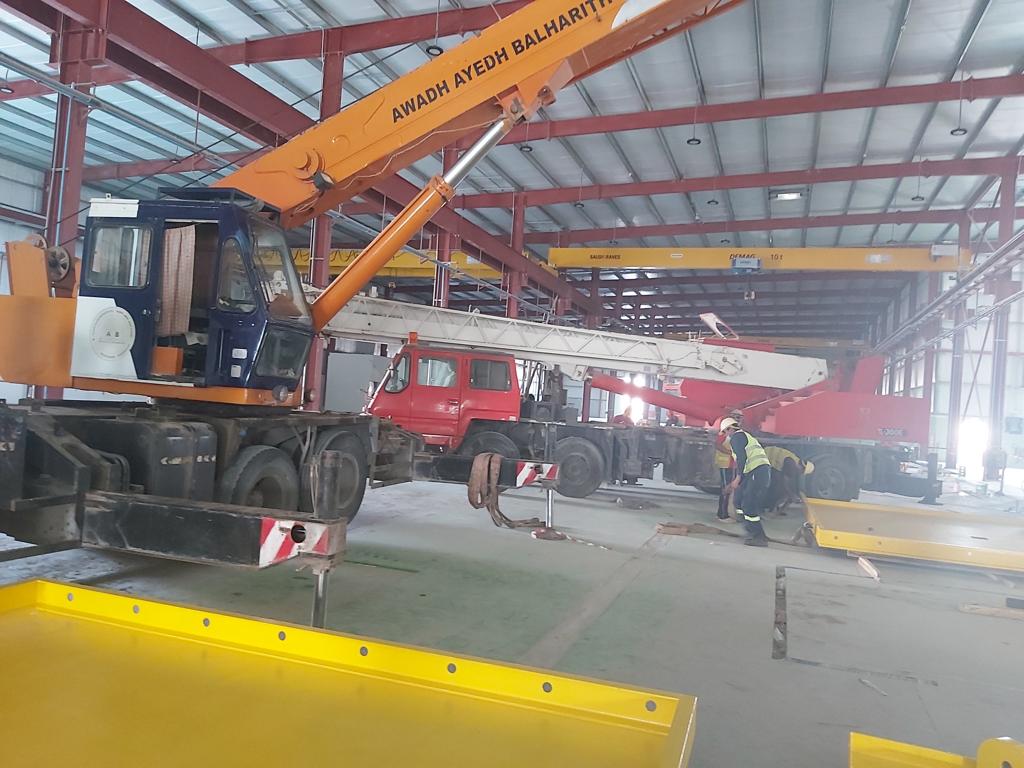Introduction: In the vast world of commerce, one sector plays a pivotal role in supporting the growth and development of industries – industrial trading. From sourcing essential raw materials to supplying cutting-edge machinery and equipment, industrial trading acts as a critical link between manufacturers, suppliers, and end-users. In this blog, we will delve into the significance of industrial trading, its impact on global businesses, and the key factors that contribute to its success.
- Seamless Supply Chain Management: Industrial trading facilitates a seamless supply chain management system by connecting manufacturers with suppliers and distributors. This ensures the efficient flow of raw materials, components, and finished products across various industries. Through their extensive network and expertise, industrial traders optimize logistics, streamline procurement processes, and reduce operational costs for businesses.
- Access to Diverse Markets: Industrial traders provide businesses with access to diverse markets and global opportunities. They possess comprehensive knowledge of regional and international markets, enabling them to identify potential customers and lucrative business prospects. By leveraging their expertise, industrial traders help companies expand their reach, enter new markets, and establish strong partnerships worldwide.
- Expertise in Product Sourcing and Quality Assurance: Industrial traders excel in sourcing the right products at the right prices. They have a deep understanding of industry-specific requirements, enabling them to identify reliable suppliers who meet strict quality standards. By ensuring the procurement of high-quality materials and components, industrial trading minimizes the risk of production delays, enhances product quality, and fosters customer satisfaction.
- Market Intelligence and Risk Mitigation: Industrial traders act as trusted advisors to businesses, providing valuable market intelligence and insights. Through comprehensive research, they stay updated on industry trends, market demands, and emerging technologies. This information empowers businesses to make informed decisions, anticipate market shifts, and adapt their strategies accordingly. Moreover, industrial traders help mitigate risks by diversifying suppliers, identifying alternative sourcing options, and implementing robust risk management strategies.
- Tailored Solutions and Value-Added Services: Industrial traders understand that each business has unique requirements. They offer customized solutions that cater to the specific needs of their clients. Whether it’s providing technical support, offering after-sales services, or assisting with product customization, industrial traders go the extra mile to deliver value-added services that enhance customer satisfaction and foster long-term partnerships.
- Promoting Sustainable Practices: Industrial trading has a significant role to play in promoting sustainable practices across industries. Traders actively seek environmentally friendly products, materials, and technologies that align with global sustainability goals. By encouraging the adoption of eco-friendly practices, industrial traders contribute to reducing carbon footprints, conserving resources, and creating a more sustainable future for businesses and the planet.
Conclusion: Industrial trading serves as a vital catalyst in driving the growth and success of businesses worldwide. Through their expertise in supply chain management, market intelligence, and quality assurance, industrial traders empower industries by providing seamless access to resources, markets, and opportunities. As businesses continue to evolve and navigate the complexities of the global marketplace, the value of industrial trading remains indispensable, fueling innovation, fostering collaboration, and propelling economic progress.




